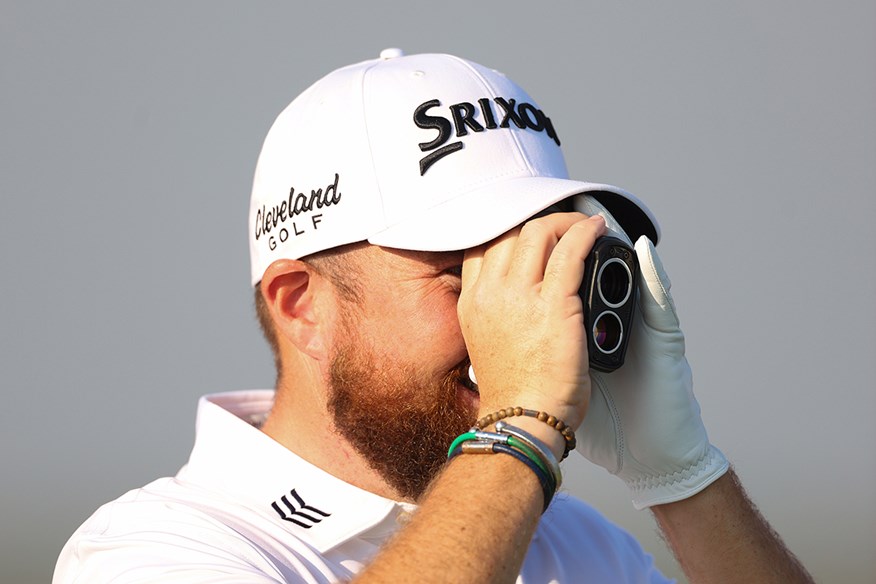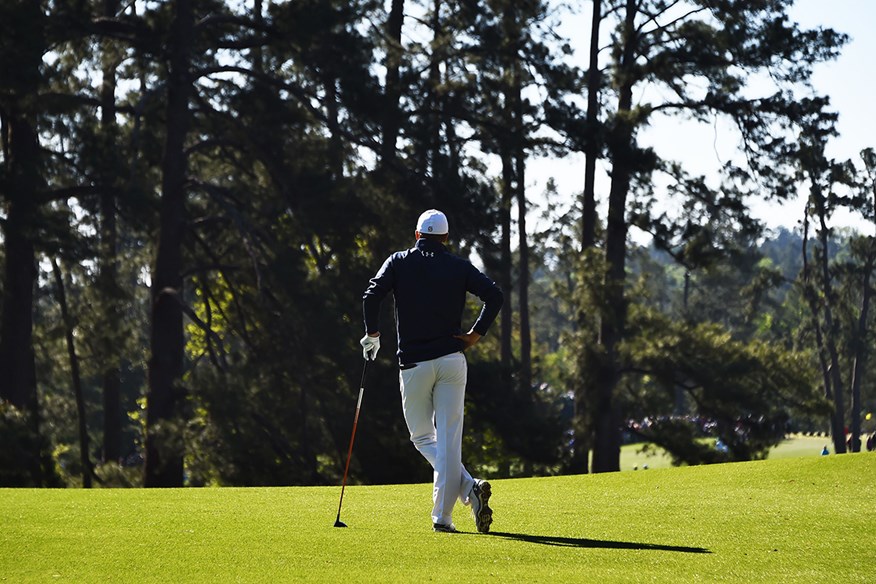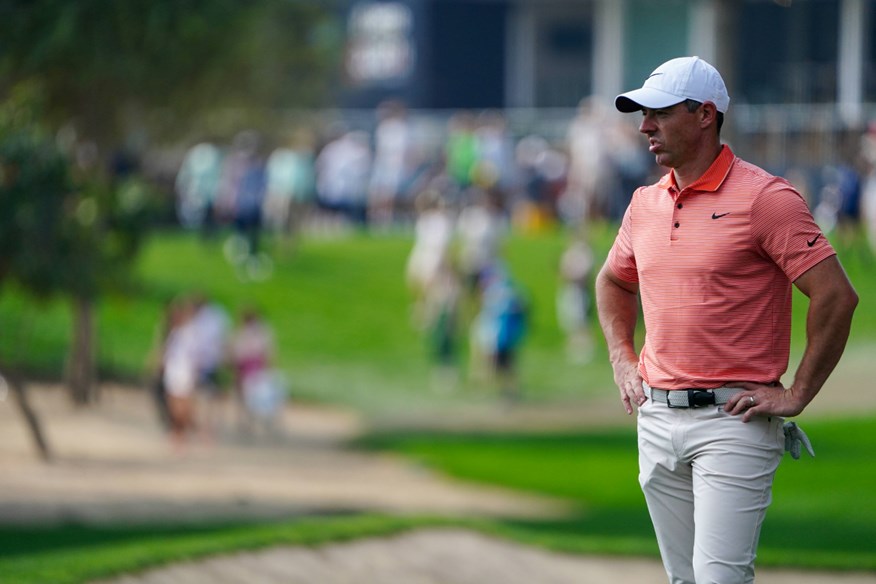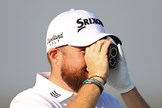Why this week’s PGA Tour event will make golf rules history to tackle slow play
Last updated:

The RBC Heritage at Hilton Head Island will make PGA Tour history this week in a bid to hurry things up.
Golf is set for a second consecutive history-making week, this time for the PGA Tour’s RBC Heritage Signature event in South Carolina.
Granted, this week’s news isn’t going to transcend golf in the same way Rory’s career-defining Masters win did, but nonetheless, it does have potentially far-reaching consequences for the game’s professional future and for the enjoyment of those of us who tune in.
That’s because, for some time now, slow play has been a hot topic of conversation, with the search for solutions intensifying after some PGA Tour events have had to endure six-hour rounds!
Tour stars, broadcasters, and fans alike are becoming increasingly frustrated at the perceived lack of respect by the snail-paced culprits who ‘know how to work it,’ said DPWT winner Andrew ‘Beef’ Johnston.
“The wrong people are being punished,” said Beef.
“A ripple effect occurs further back so the players behind them start losing ground – and they’re the ones being watched and put on the clock. If you’re a quick player but you’ve had to adopt a slower rhythm to suit the rest of your group or the general pace of play, it can be so difficult to get back up to speed.”

What solutions are being discussed?
Proposed solutions to address the issue have failed to gather any real weight of consensus.
Rory McIlroy suggested smaller fields, while Justin Thomas is in favor of ‘naming and shaming’ guilty parties, even if that means shining a spotlight on his own self-confessed tardiness.
Not messing around, however, is the LPGA Tour, who have gone straight for the jugular with the strict enforcement of fines and penalties to improve the pace of play.
Meanwhile, PGA Tour rule-makers have continued to drag their heels, only now waddling toward an intervention with yet-proven outcomes.
Instead of lining up ‘slow pros’ up in the crosshairs, Commissioner Jay Monahan has decided to put them directly behind those said crosshairs by relaxing the rule that forbids the use of distance measurement devices in competition using a Model Local Rule.
The use of rangefinders to help tackle slow play has been tested on the second-tier Korn Ferry Tour a few years back, while the Champions Tour, Asian Tour, Ladies European Tour, LPGA Tour, and LIV Golf permits their use indefinitely. They are also permitted in all PGA of America events, including both the men’s and women’s majors sanctioned by the body.

The rationale behind the move to permit rangefinders, minus their adjusted slope function, would seem primarily to be in the time it saves caddies from calculating yardages from wayward shots, allowing a quick reference point to be gleaned.
Andy Weitz, the PGA Tour’s chief marketing and communications officer, said: “We want to better understand how being out of position, how the ability to better understand the distance can not only increase the pace of play potentially but also send a signal to our fans that we are evolving and use of these modern devices could be a fit for the PGA Tour on a permanent basis in the future.”
Another historic week in store…
Speaking at TPC Sawgrass in March, Monahan announced that rangefinders would be tested at six Tour events between the Masters and PGA Championship, with it now confirmed that the first two of these events will be the RBC Heritage and the concurrently running alternate-field tournament – the Corales Puntacana Championship.
The rangefinder experiment will then continue at the Zurich Classic of New Orleans, CJ Cup Byron Nelson, Truist Championship, and the Myrtle Beach Classic.
The proposals, which came from a speed-of-play working group that included Adam Schenk, Sam Burns, and Jhonattan Vegas passed with full support at a recent full board meeting and at a meeting of the Player Advisory Council.
Previous testing on the Korn Ferry Tour has yielded disappointingly inconclusive results thus far, although it is hypothesized that more definitive improvements could be seen in smaller field Signature events where it’s harder to keep pace with the pair in front.
Ironically, only time will tell with this one.
